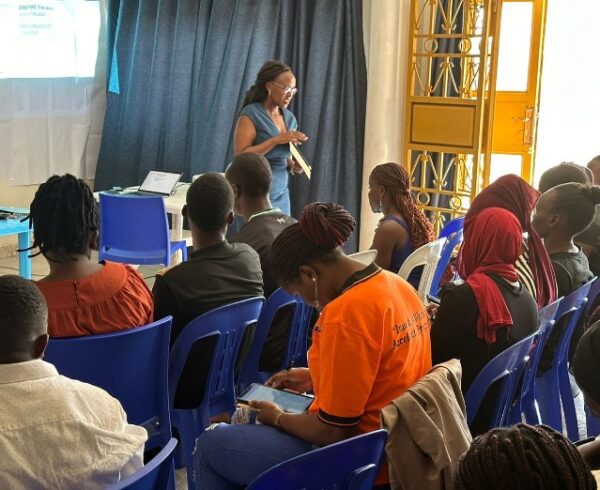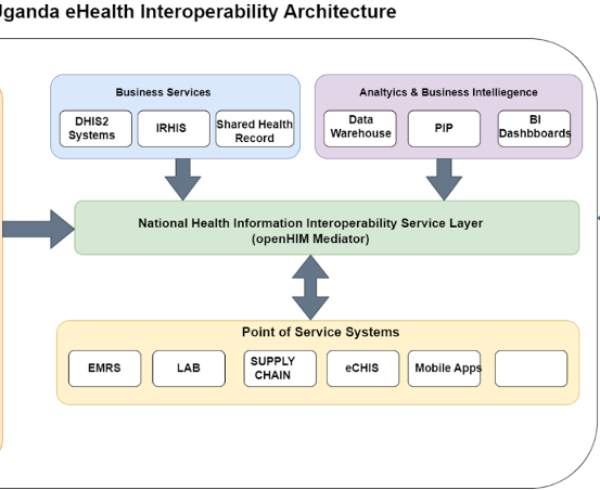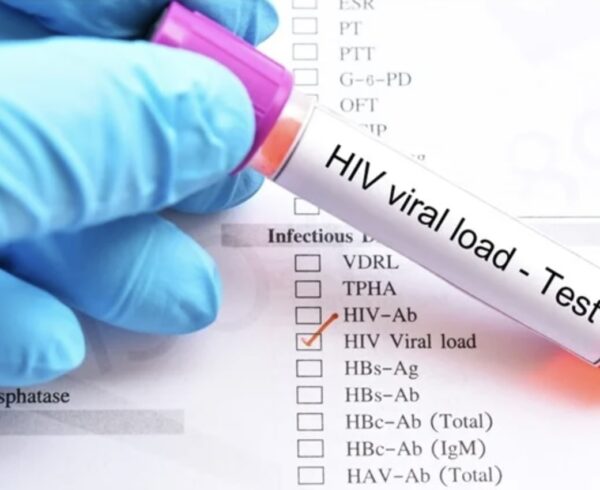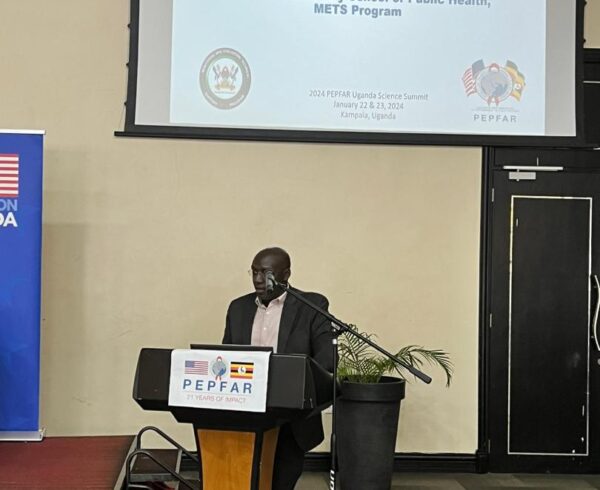Integrating Tetanus Toxoid (TT) Vaccination into Voluntary Medical Male Circumcision (VMMC) services
The 2011 Uganda AIDS indicator survey showed that less than 30% of men were circumcised. In response to the low male circumcision prevalence, the Uganda AIDS Commission (UAC) set a national target of 4.2 million male circumcisions to be performed by the end of 2015. The US Presidential Emergency Plan for AIDS Relief (PEPFAR), through the Centres for Disease Control and Prevention (CDC) supported this initiative. By October 2015, more than 2.6 million men (62.2% of the national target) had been circumcised.
In the period between 2013 and 2015, 9 cases of tetanus infection were reported in Uganda. Of these, 4 (44.4%) resulted into death. As a result, the World Health Organisation (WHO) recommended the integration of TT vaccination into VMMC services. Accordingly, the Ugandan Ministry of Health (MoH) adopted a two (2) dose TT vaccination program for VMMC clients. Tetanus Toxoid is a vaccine that is used to prevent against Tetanus which is a bacterial infection transmitted when the germs get into contact with broken skin, wound or cut.
A Quality Improvement assessment carried out by the Makerere University School of Public Health (MakSPH) – Monitoring and Evaluation Technical Support (METS) Program showed that less than 20% of the VMMC sites were providing TT vaccination to their clients as recommended by the MoH. This was attributed to gaps identified in human resource knowledge and skills, inadequate guidelines, information and education materials on TT and lack of appropriate tools for TT data capture hence undermining the integration of TT vaccination into VMMC services.
To address the above challenges, METS, in collaboration with MoH supported trainings in Tetanus Toxoid (TT) vaccination for VMMC clients to 322 service providers in 57 CDC-supported VMMC sites. In addition, METS provided onsite mentorship and coaching in TT vaccination integration and supported the development of TT data capture tools which are currently in use at all the sites.
An evaluation conducted three months later showed that all the sites had effectively integrated the recommended TT vaccinations in their VMMC services and no new cases of tetanus infections have been reported since.





